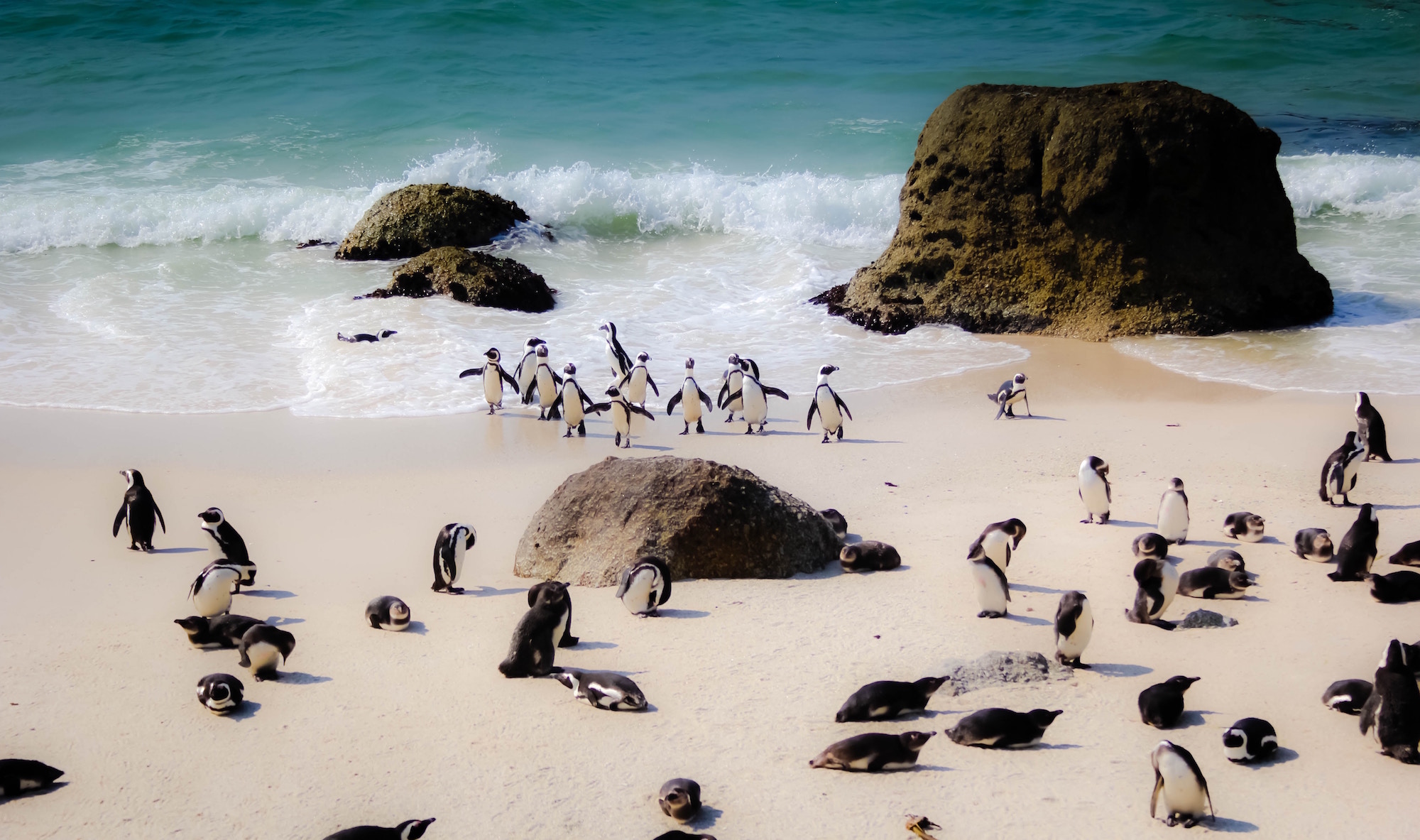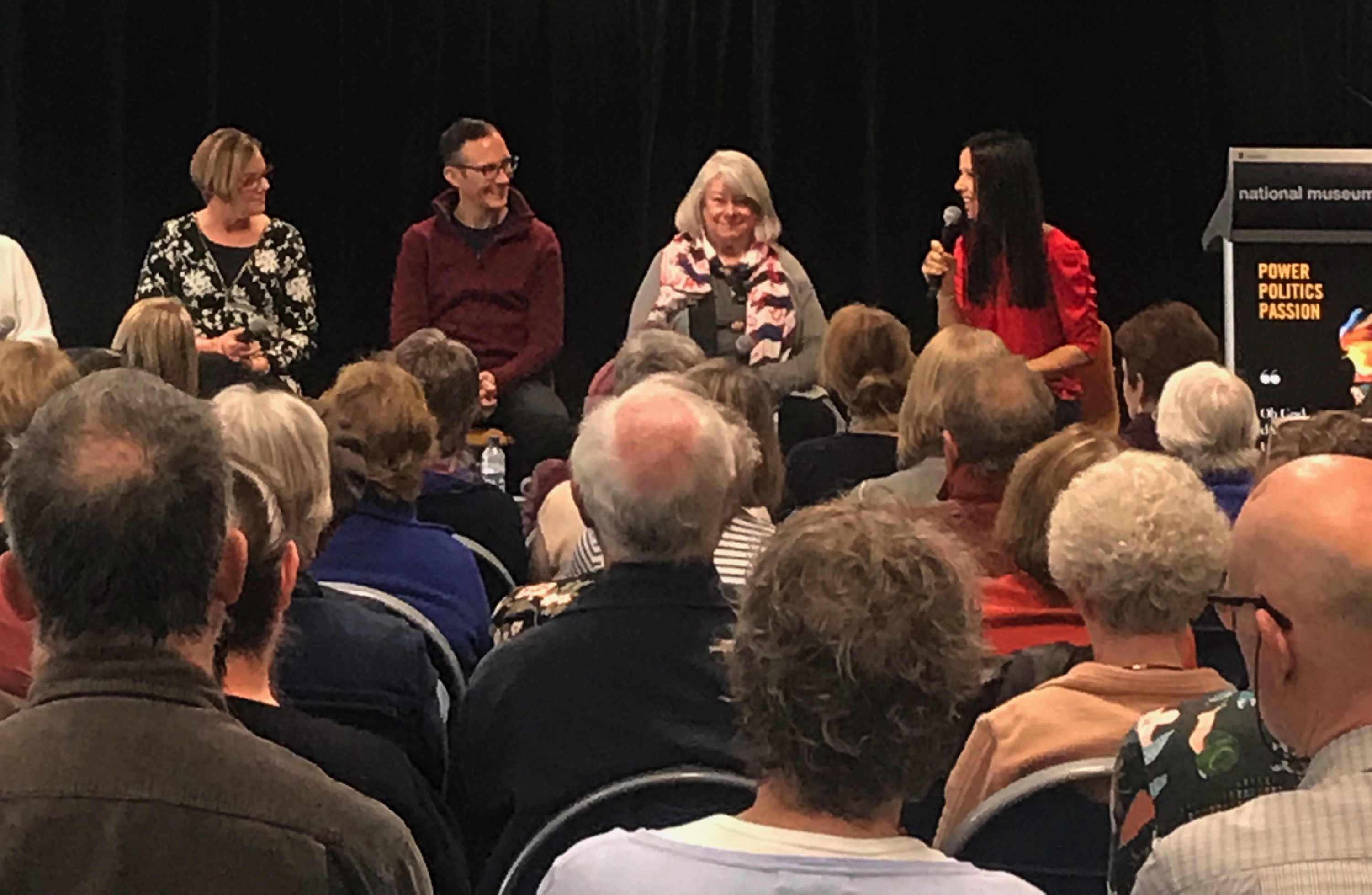Launching in the time of COVID
Read More »Launching in the time of COVID
Laura Elvery
In the week after Ordinary Matter came out, my sister and I drove to Brisbane bookshops following an itinerary my publicist had organised. I don’t remember doing this for my first book. It was new to head into a shop and try to non-awkwardly introduce myself. It was new to sign piles of books and try to note all the locations of stacks around the shop. And the whole time sanitising, sanitising, sanitising. (Also new was somebody at one of the shops saying, ‘Wouldn’t it be funny if you had COVID because then you would have taken down all the bookstores in town?’ INDEED! A good joke!)
 Strangely, I felt both a little more armoured than I did with my first book (a thicker skin, no newborn baby strapped to my chest, less time on my hands now to fret) but also less armoured (turns out some people actually knew I’d written a book and were waiting for it). In late February 2018 I was about 38 weeks pregnant. The launch for Trick of the Light was this incredibly fun party with 100 people, and it was, for me, all about making it to the event in one piece. A week or so either side and I’d have to reschedule. Look at photos of me that night and I’m just beaming — I’d made it. One week later my son made it into the world too. I sat up in the hospital bed with a stack of copies that Avid Reader had sent along for signing, my baby asleep beside me.
Strangely, I felt both a little more armoured than I did with my first book (a thicker skin, no newborn baby strapped to my chest, less time on my hands now to fret) but also less armoured (turns out some people actually knew I’d written a book and were waiting for it). In late February 2018 I was about 38 weeks pregnant. The launch for Trick of the Light was this incredibly fun party with 100 people, and it was, for me, all about making it to the event in one piece. A week or so either side and I’d have to reschedule. Look at photos of me that night and I’m just beaming — I’d made it. One week later my son made it into the world too. I sat up in the hospital bed with a stack of copies that Avid Reader had sent along for signing, my baby asleep beside me.








